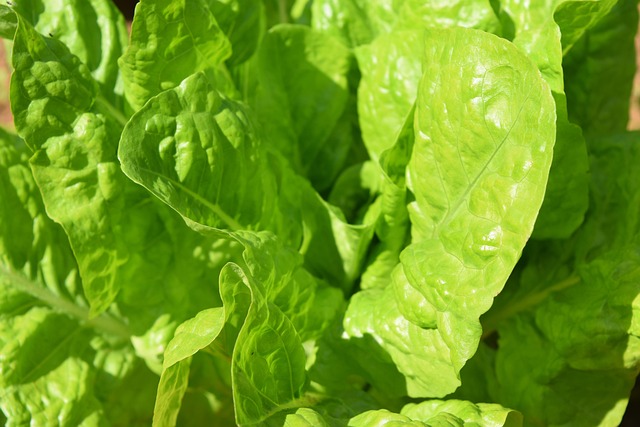Understanding Oxidative Stress
Oxidative stress is a term that often surfaces in wellness discussions, yet many of us aren’t fully aware of its implications. It arises when there’s an imbalance between free radicals and antioxidants in the body. This imbalance can lead to cellular damage, contributing to various health issues, including chronic diseases and premature aging. However, understanding oxidative stress is the first step toward prevention, and embracing a healthy lifestyle through proper nutrition is a powerful way to combat it.
The Role of a Healthy Lifestyle
Living a healthy lifestyle is not just about maintaining a balanced weight; it’s a comprehensive approach to enhancing overall well-being. Incorporating regular physical activity, sufficient sleep, and stress management techniques can significantly reduce oxidative stress. Exercise, for instance, boosts the body’s antioxidant defenses, helping to neutralize free radicals. Moreover, engaging in mindfulness practices such as yoga or meditation can help lower stress levels, minimizing cortisol production, which is linked to oxidative damage.
Nourishing Your Body with Healthy Nutrition
A diet rich in antioxidants is crucial for fighting oxidative stress. Fruits and vegetables should be the cornerstone of your meals, as they are packed with vitamins, minerals, and phytochemicals that combat oxidative damage. Brightly colored fruits and vegetables, such as berries, spinach, and carrots, contain particularly high levels of these beneficial compounds.
Including healthy fats in your diet is equally important. Foods rich in omega-3 fatty acids, such as fatty fish, flaxseeds, and walnuts, have been shown to reduce inflammation and oxidative stress. Additionally, nuts and seeds provide essential nutrients and antioxidants that your body craves.
Superfoods to Include in Your Diet
Consider incorporating the following superfoods into your daily meals:
- Berries: Blueberries, strawberries, and raspberries are high in antioxidants, particularly anthocyanins, which help reduce oxidative stress.
- Leafy Greens: Spinach, kale, and collard greens are excellent sources of vitamins A, C, and K, all of which have antioxidant properties.
- Nuts and Seeds: Almonds, sunflower seeds, and chia seeds provide healthy fats and essential nutrients that support your body’s antioxidant defense system.
- Dark Chocolate: In moderation, dark chocolate with a high cocoa content can be a delicious source of antioxidants.
- Green Tea: Rich in polyphenols, green tea is renowned for its ability to combat oxidative stress.
Hydration and Its Importance
Don’t underestimate the power of hydration in combatting oxidative stress. Water helps transport nutrients throughout the body and plays a vital role in detoxification. Aim for adequate hydration by drinking plenty of water throughout the day, and consider incorporating herbal teas or infusing your water with fruits for added flavor and antioxidants.
Bonus Tips for Reducing Oxidative Stress
Beyond nutrition and fitness, here are a few additional tips to minimize oxidative stress:
- Limit exposure to environmental toxins, such as pollution and cigarette smoke.
- Practice mindful eating by savoring your meals and listening to your body’s hunger cues.
- Focus on getting quality sleep, which is essential for cellular repair and regeneration.
By making mindful choices in your lifestyle and nutrition, you can significantly reduce oxidative stress and promote a vibrant, healthy life. Your body will thank you for the care you provide, leading to increased energy, improved mood, and a greater sense of well-being.




